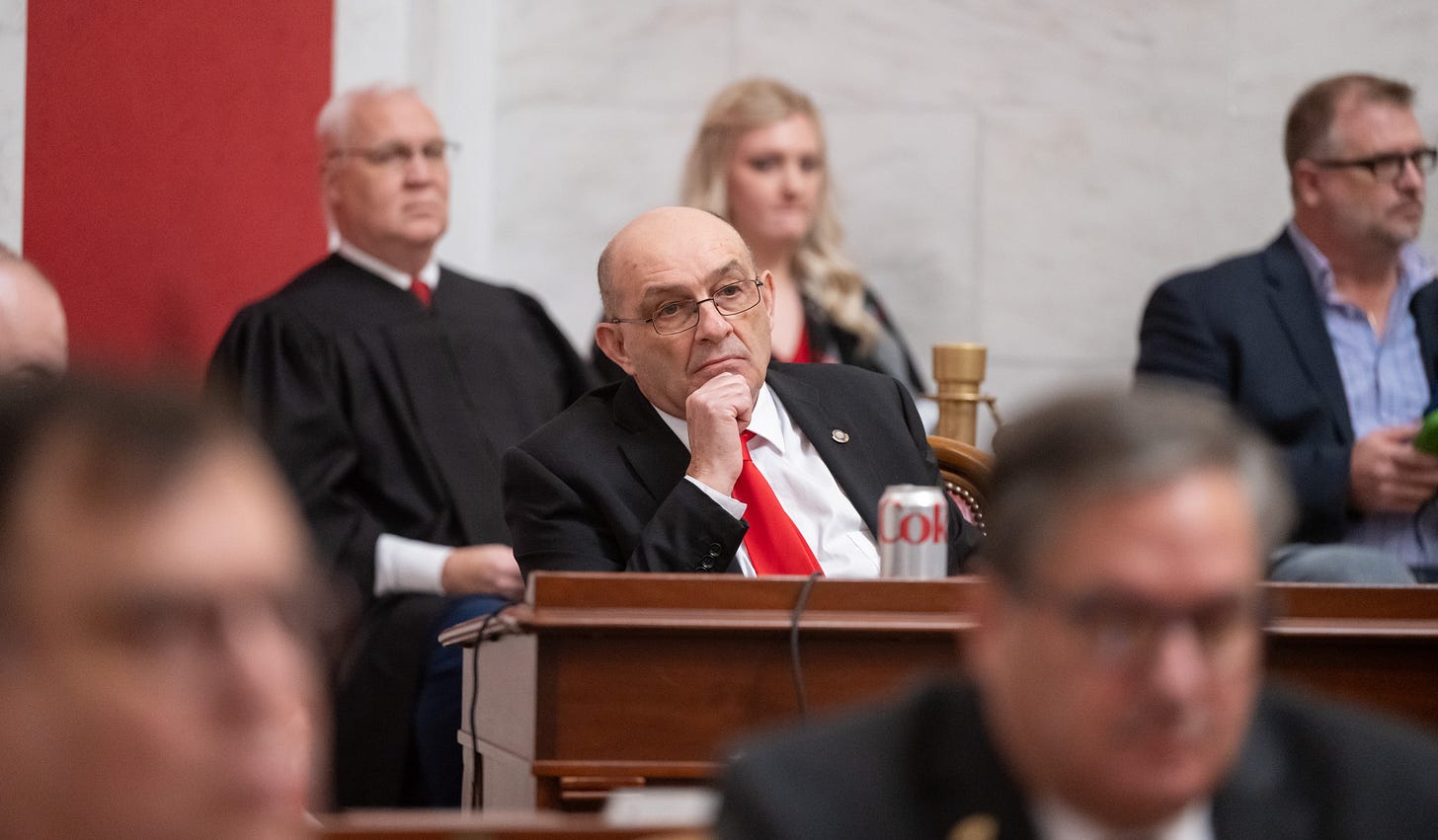Data Center Bill Would Divert Local Tax Revenue to the State
The legislation would pave the way for a controversial new facility near Davis and Thomas

A bill advancing in the state legislature would divert millions of dollars in property taxes from local schools and Tucker County government to the state of West Virginia if a proposed da…
Keep reading with a 7-day free trial
Subscribe to Country Roads News to keep reading this post and get 7 days of free access to the full post archives.



